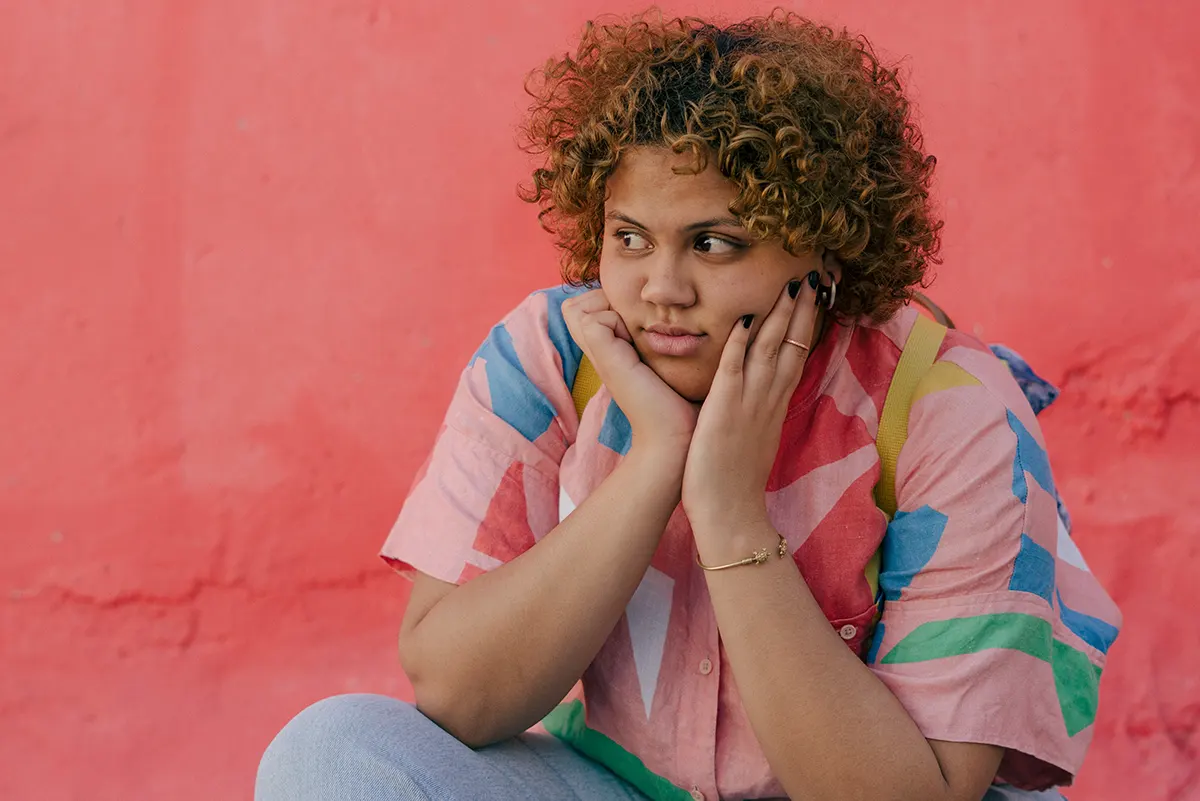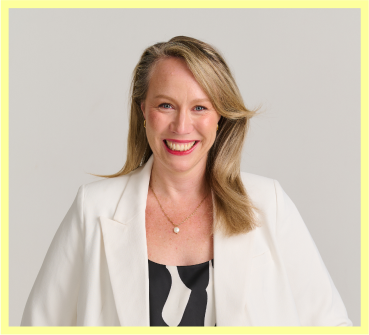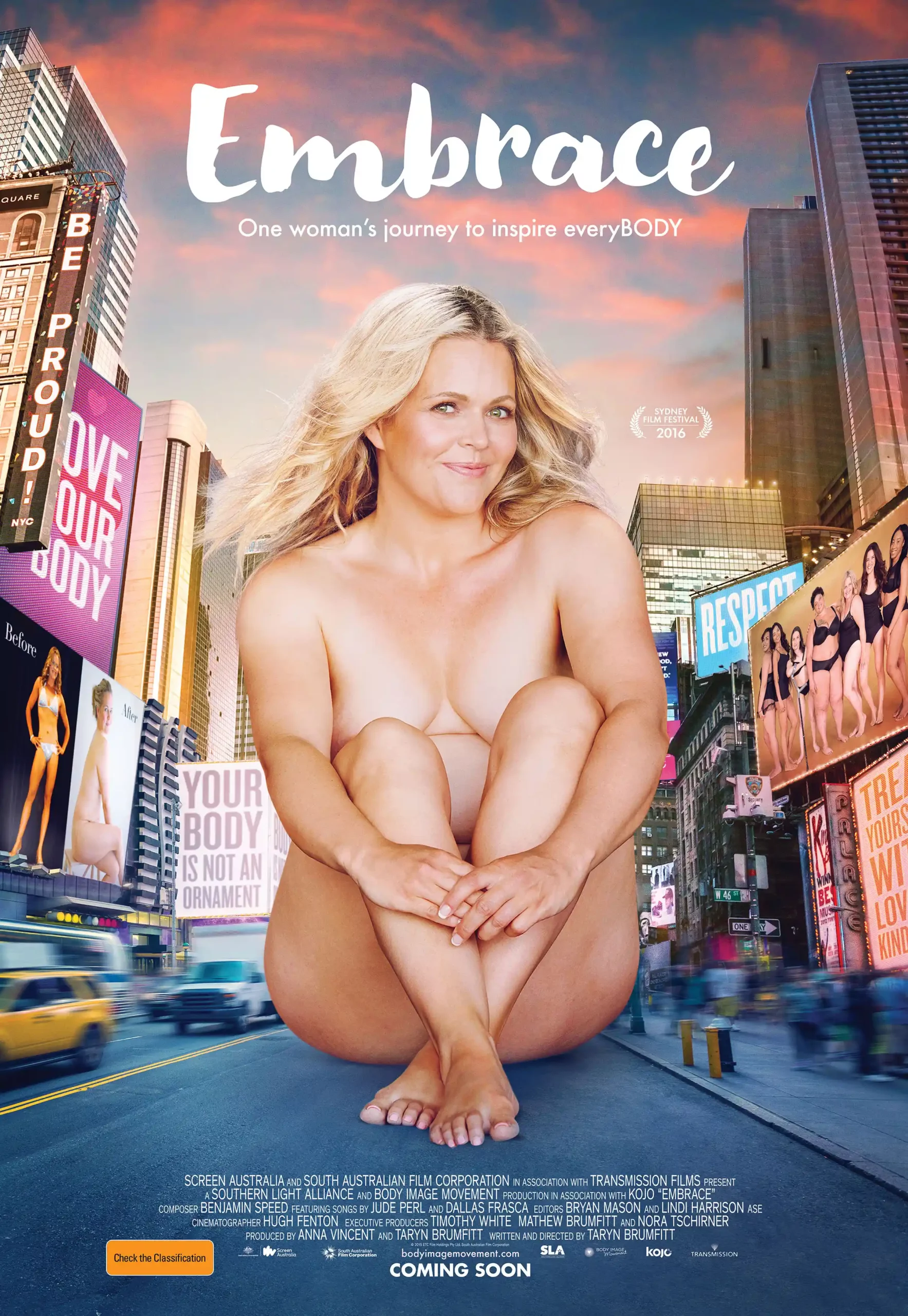Everyone who asks what I do — from the people I meet at networking events to the other parents at a BBQ — gets it. When I say that I help people feel better about their bodies, they generally nod, agree that it’s an issue, and invariably ask what they can do for their kids. But then they go on to talk about ‘body positivity’ … and I cringe a bit inside.
And don’t get me started on how every TV and radio interview Taryn or I do gets labelled with ‘body positivity’. I mean, I get why people use that phrase. It’s something that everyone understands and aaaaallll of the other complex terms we use require a glossary and four years of postgraduate study to comprehend. But to me, it just doesn’t capture the work we do in this space. We are on a mission to change everything that makes us feel ashamed of our bodies — so the term ‘body positivity’ just feels a bit fluffy compared to the depth of the work.
But it’s also a term that doesn’t belong to us.
The Body Positivity Movement
The Body Positivity Movement emerged out of fat, black, and queer activism in the 60s and 70s — not on Instagram. This intersectional approach arose in response to extreme levels of discrimination, and we have these activists to thank for much of the progress made in this space.
And now, many of the original proponents of the Body Positivity Movement are angry that it has been co-opted by thin, white women on Instagram. This movement has largely shifted to ‘Fat Liberation’ to avoid the confusion.
#bodypositivity
With 12.4 million posts using this hashtag alone, it’s safe to say that ‘body positivity’ has taken off. Was the work of a whole movement co-opted?
Here’s where I’ve landed:
In my opinion, two things can be true at the same time. Yes, body positivity has probably been ‘co-opted by thin white women on Instagram’. But maybe that’s what needs to happen for ideas and issues to go mainstream?
Or maybe the Body Positivity Movement and #bodypositivity are completely different things, and we need both so that we change the layers of misinformation and ingrained feelings of shame about our bodies.
Either way, I love seeing people of all genders, shapes, and sizes realising that they don’t need to hold themselves back because of the pressure we get about our bodies and our appearance — and spreading that message far and wide.
One thing I’m sure of is that we need more of this, not less, to make progress towards a world where we don’t even need this sort of advocacy or activism any more, because everyone of every size, shape, colour, ability, and identity is accepted and appreciated — just as they are.




